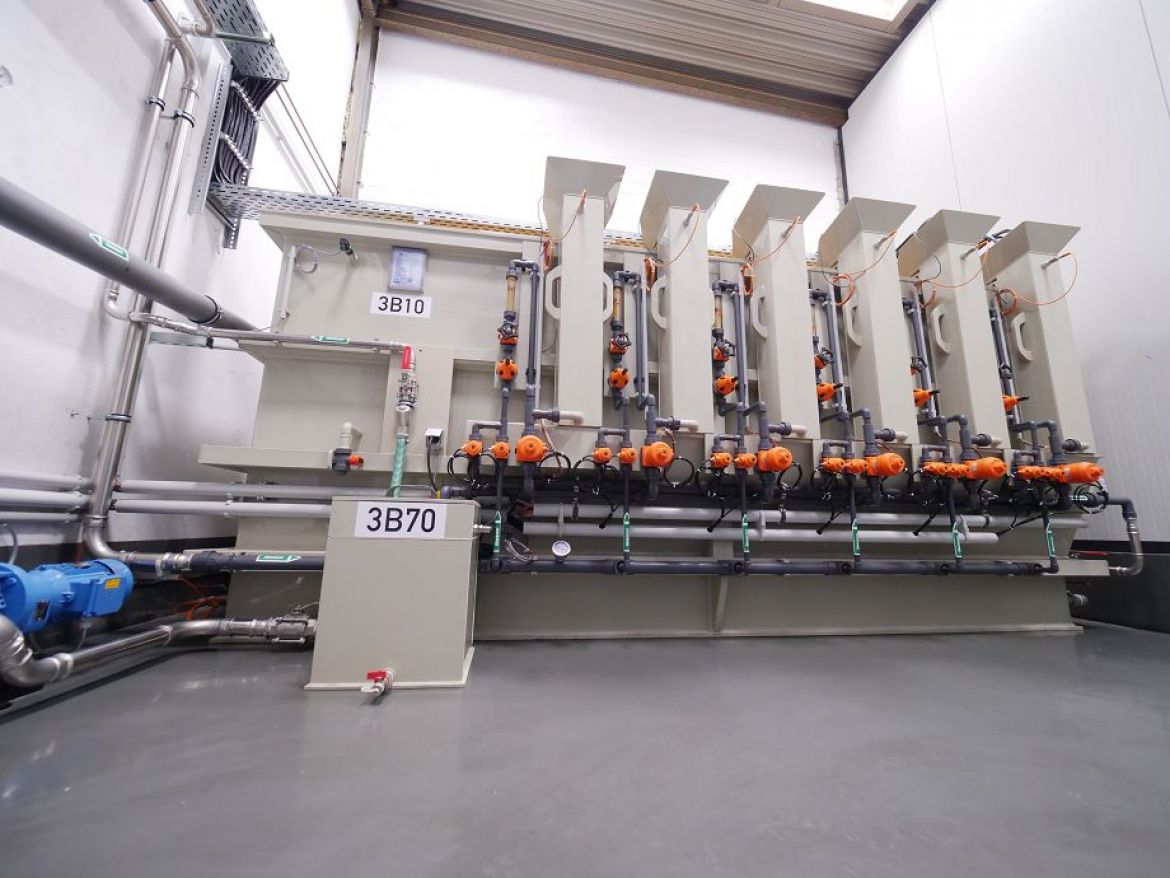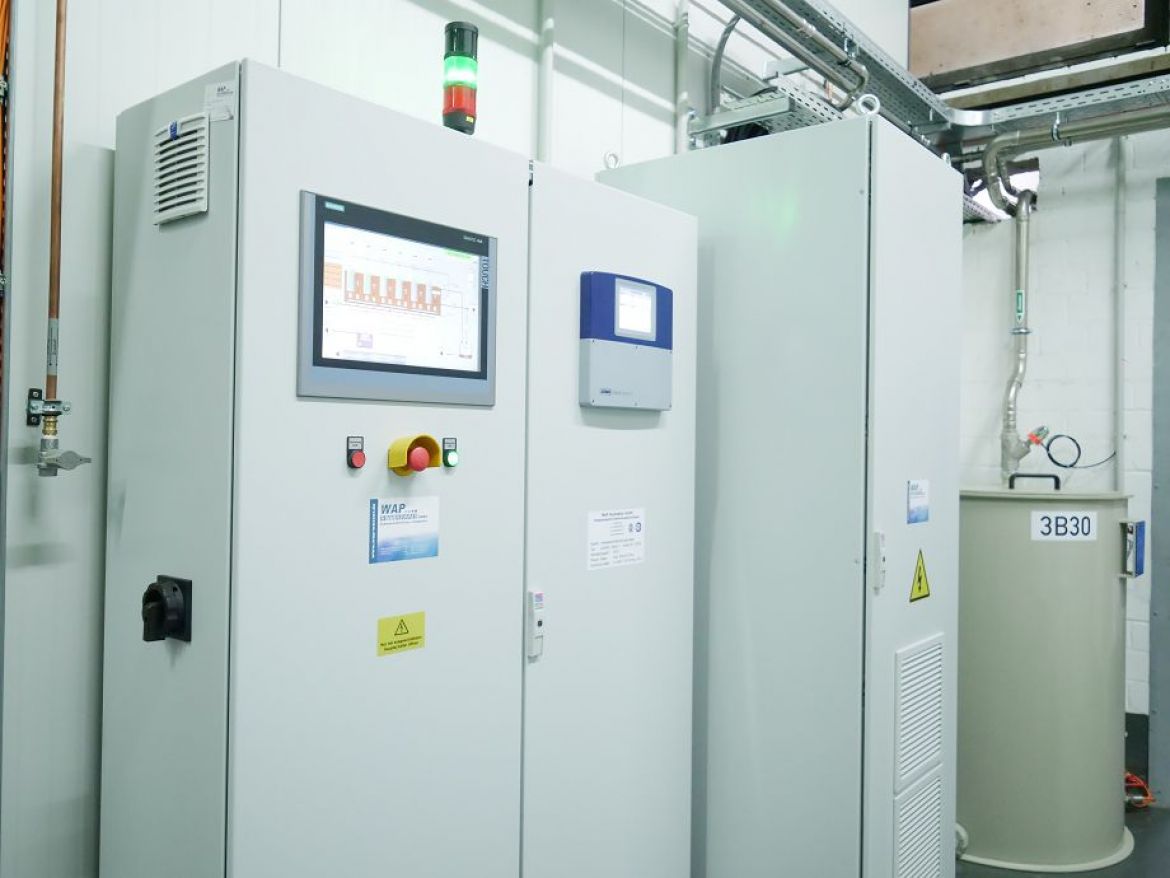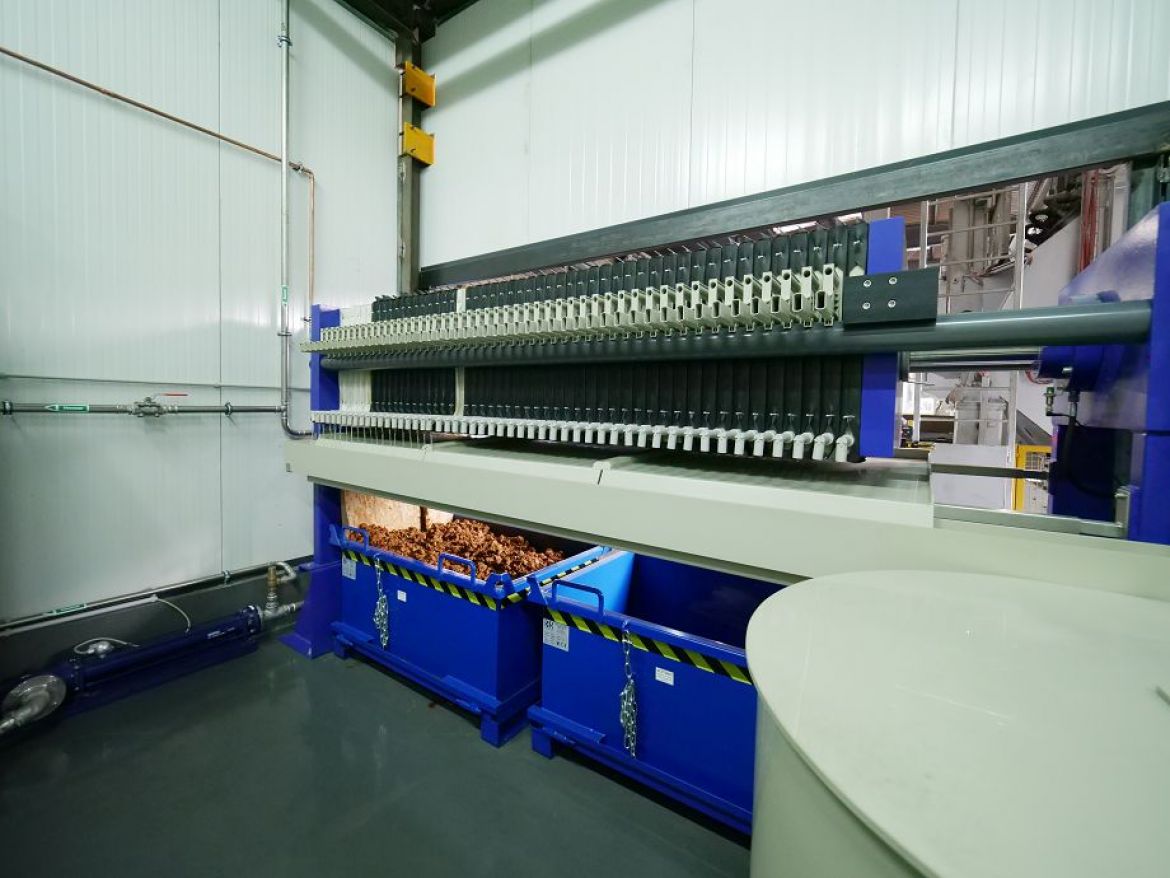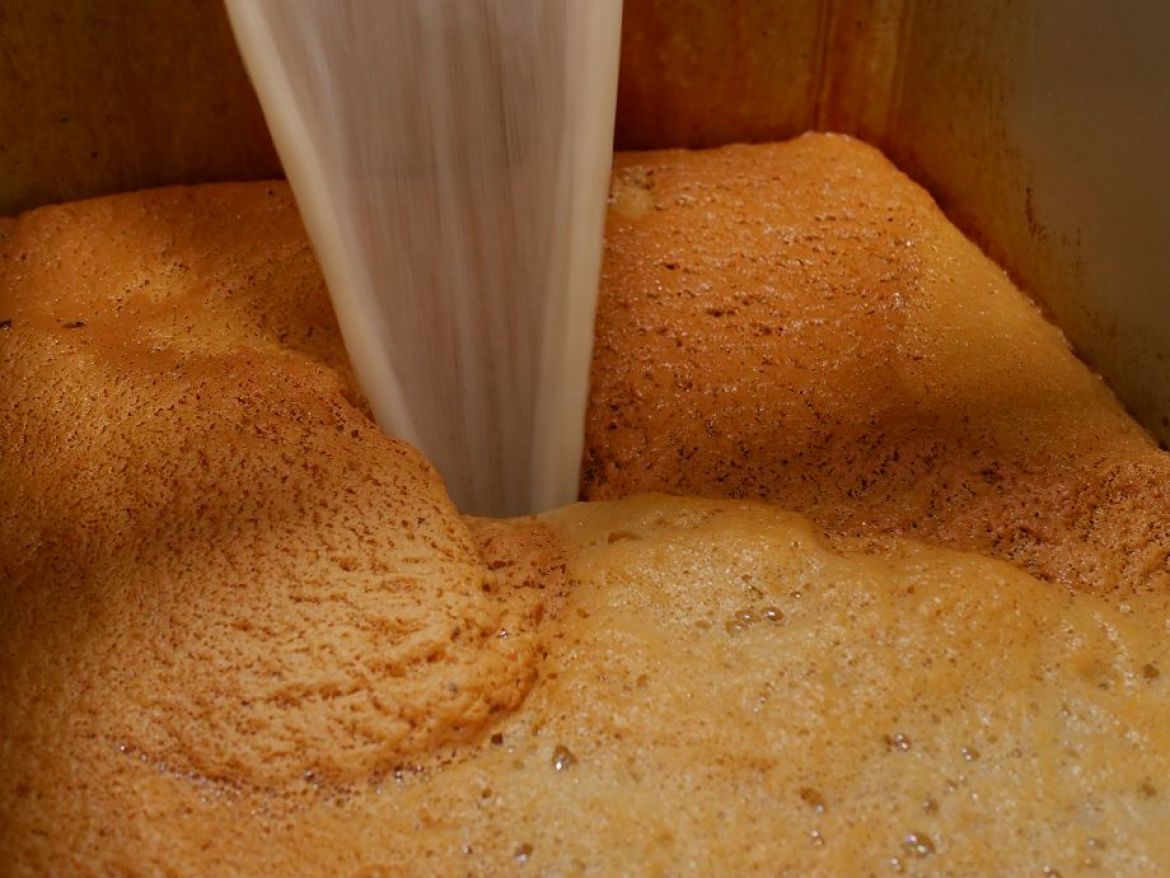THE GREAT BENEFIT LIES IN THE SIMPLICITY OF THE SYSTEM. THE COLLECTED WASTEWATER IS SIMPLY FED INTO AN ELECTROLYSIS CELL.
The pH is continuously measured and adjusted to the desired value with an automatic dosing device. The system stops after the set treatment time and the resulting flocculate is filtered with a chamber filter press. The resulting filtrate can be passed into the channel or fed to another use.
The pH value is continuously measured and adjusted to the desired value using an automatic dosing device. The system stops after the set treatment time and the resulting flocculate is filtered with a chamber filter press. The resulting filtrate can be fed into the sewer or put to another use.
ANLAGETYP & TECHNISCHE DATEN
efs 100
Throughput: 2.0 m³/d
efs 200
Throughput: 5.0 m³/d
efs 400
Throughput: 10.0 m³/d
efs 800
Throughput: 24.0 m³/d
efs 1500
Throughput: 45.0 m³/d
AND ALL THIS WITHOUT THE ADDITION OF A FLOCCULANT!
Chamber filter presses, belt filters or decanters are used for the subsequent filtration. In most cases, thyristor-controlled, electronic power sources are used, which have an integrated pole changer in order to keep the wear on the electrodes as even as possible. Depending on the application, the electrodes used are changed about every 6 months and simply disposed of via the scrap levy.
MORE WAP PRODUCTS
-
ELEKTROLYSISELEKTROLYSIS
-
CHEMICALSCHEMICALS
-
MEMBRANE FILTRATIONMEMBRANE FILTRATION
-
SLITTING LINESSLITTING LINES




